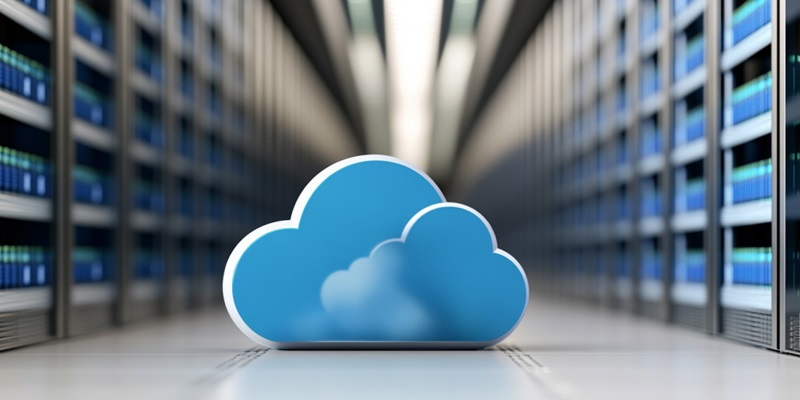In the rapidly evolving landscape of technology, the Internet of Things (IoT) has emerged as a pivotal force transforming various domains, particularly cloud computing. This article examines how IoT is shaping the future of cloud computing, detailing its impact and projecting its trajectory in the years to come.
The Intersection of IoT and Cloud Computing
IoT refers to the network of interconnected physical devices that communicate and exchange data over the Internet. These devices range from everyday household items to sophisticated industrial machinery. Cloud computing, on the other hand, entails the provision of computing resources such as storage, processing power, and applications over the Internet. The symbiosis between IoT and cloud computing is not merely coincidental but a natural convergence driven by technological advancements and the need for efficient data management.
Features and Performance Impact
Enhanced Data Storage and Processing
One of the most profound ways IoT is shaping cloud computing is through enhanced data storage and processing capabilities. IoT devices generate an enormous amount of data that needs to be stored, processed, and analyzed. Cloud computing provides the scalable infrastructure required to handle this data influx efficiently. The integration enables real-time data processing, which is critical for applications requiring immediate response, such as smart grids and autonomous vehicles.
Improved Security and Privacy
Security and privacy are paramount concerns as data moves between IoT devices and cloud platforms. Cloud service providers are continuously evolving their security protocols to safeguard data from breaches and unauthorized access. Multi-layered security, encryption techniques, and regular security audits are becoming standard practices, thereby enhancing overall trust in IoT-cloud ecosystems.
Cost-Efficiency and Flexibility
Integrating IoT with cloud computing offers significant cost benefits. Organizations can leverage cloud services on a pay-as-you-go basis, eliminating the need for substantial upfront investments in infrastructure. This model supports flexibility, allowing businesses to scale their resources in response to demand fluctuations without incurring prohibitive costs.
Advanced Analytics and Insights
IoT data, when combined with cloud-based analytics tools, provides deep insights into operational efficiency, customer behavior, and predictive maintenance. Advanced analytics platforms in the cloud can process vast datasets from IoT devices to identify patterns, anomalies, and trends. This level of analysis fosters informed decision-making and strategic planning.
Future Projections
The integration of IoT and cloud computing is poised to become even more seamless and efficient. Edge computing, which processes data closer to the IoT devices, will likely reduce latency and bandwidth consumption. Additionally, advancements in artificial intelligence and machine learning will further enhance the capabilities of IoT-cloud ecosystems, driving innovation and opening new possibilities across various sectors.
Conclusion
IoT has redefined the possibilities of cloud computing by driving advancements in data storage, security, cost-efficiency, and analytics. The symbiotic relationship between these technologies has laid the groundwork for a future where real-time data processing and intelligent decision-making will be the norm. The integration of IoT with cloud computing is not just a trend but a transformative force that has reshaped the technological landscape and will continue to do so.
The potential of IoT to shape cloud computing was evident, offering enhanced capabilities, improved security, and cost efficiency. Combining real-time data processing with advanced analytics has propelled both fields toward a future rich with possibilities.

